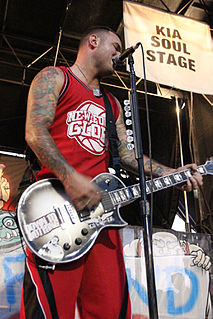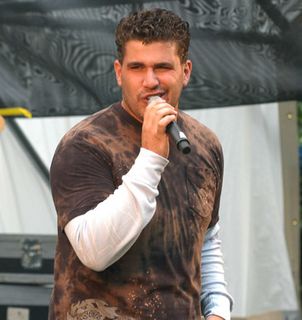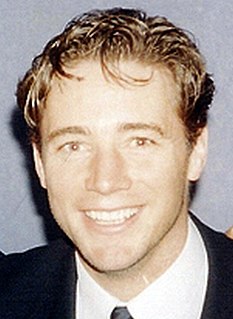A Quote by Isaac Wright Jr.
Even on the witness stand at trial, there were people up there and I had no clue who they were. I had never seen them a day in my life and they were pointing the finger at me saying that I was their boss.
Related Quotes
For me, Stalinism was even a greater philosophical problem than Nazism. Under Nazism, if you were a Jew, you were simply killed, no questions asked, you had nothing to prove. Under Stalinism, of course, most [victims] were on trial for false accusations; most of them were not traitors. There is one interesting feature: that they were tortured or through some kind of blackmail forced to confess to being traitors.
People were standing up everywhere shouting, "This is me! This is me!" Every time you looked at them they stood up and told you who they were, and the truth of it was that they had no more idea who or what they were than he had. They believed their flashing signs, too. They ought to be standing up and shouting, "This isn't me! This isn't me!" They would if they had any decency. "This isn't me!" Then you might know how to proceed through the flashing bullshit of this world.
I was less angry at [Carl] Armstrong, though I was angry at the people who came to his trial: Dan Ellsberg, who ordinarily I respected a lot; Philip Berrigan; the guy who teaches at Princeton still - I can't remember his name. And they were saying - well, they were saying, really, what Arthur Koestler had people saying on "Darkness at Noon." The means were unfortunate and, sadly, someone died, but the end is what is important and this was a great symbolic - something or other - sign against the war in Vietnam.
Grandmother pointed out my brother Perry, my sister Sarah, and my sister Eliza, who stood in the group. I had never seen my brother nor my sisters before; and, though I had sometimes heard of them, and felt a curious interest in them, I really did not understand what they were to me, or I to them. We were brothers and sisters, but what of that? Why should they be attached to me, or I to them? Brothers and sisters were by blood; but slavery had made us strangers. I heard the words brother and sisters, and knew they must mean something; but slavery had robbed these terms of their true meaning.
[I]t just makes me tired even thinking about it. It reminds me of that feeling I had before I left. Like my lungs were made of lead. Like I can't even think about starting to care about anything. Like I either wish that they were all dead, or I was, because I can't stand the pull of all that history between us. That's before I even pick up the phone. I'm so tired I never want to wake up again. But I've figured out now that it was never them that made me feel that way. It was just me, all along.
We were not having any fun, he had recently begun pointing out. I would take exception (didn't we do this, didn't we do that) but I had also known what he meant. He meant doing things not because we were expected to do them or had always done them or should do them but because we wanted to do them. He meant wanting. He meant living.
I was a young feminist in the '70s. Feminism saved my life. It gave me a life. But I saw how so much of what people were saying was not matching up with what they were doing. For example, we were talking about sister solidarity, and women were putting each other down. We were talking about standing up for our rights, and women weren't leaving abusive relationships with men. There were just so many disconnects.
It felt as if we'd been to war together. Deep in a jungle, alone, I had relied on them, these strangers. They'd held me up in ways only people could. When it was over, an ending never felt like an ending, only an exhausted draw, we went our separate ways. Be we were bonded forever by the history of it, the simple fact they'd seen the raw side of me and me of them, a side no one, not even closest friends or family had ever seen before, or probably ever would.
I knew I had found my life's passion after writing my first column for The Washington Post. The response was like nothing we had seen in the business section. Everyday people were writing that finally someone was speaking to them in a way that was understandable. I think we were all shocked at how many readers wrote in to say that they too had a Big Mama who taught them about money.
Similarly, the press never tested many of the assumptions about WMDs. One of the great myths about the WMD issue is that everybody believed Iraq had them. Well, that's not true. There were a number of people in the intelligence community and the State Department who were skeptical, and many analysts in the Department of Energy were dubious about Iraq's nuclear capability. There were also people like Scott Ritter who were saying quite accurately what was going on.

































